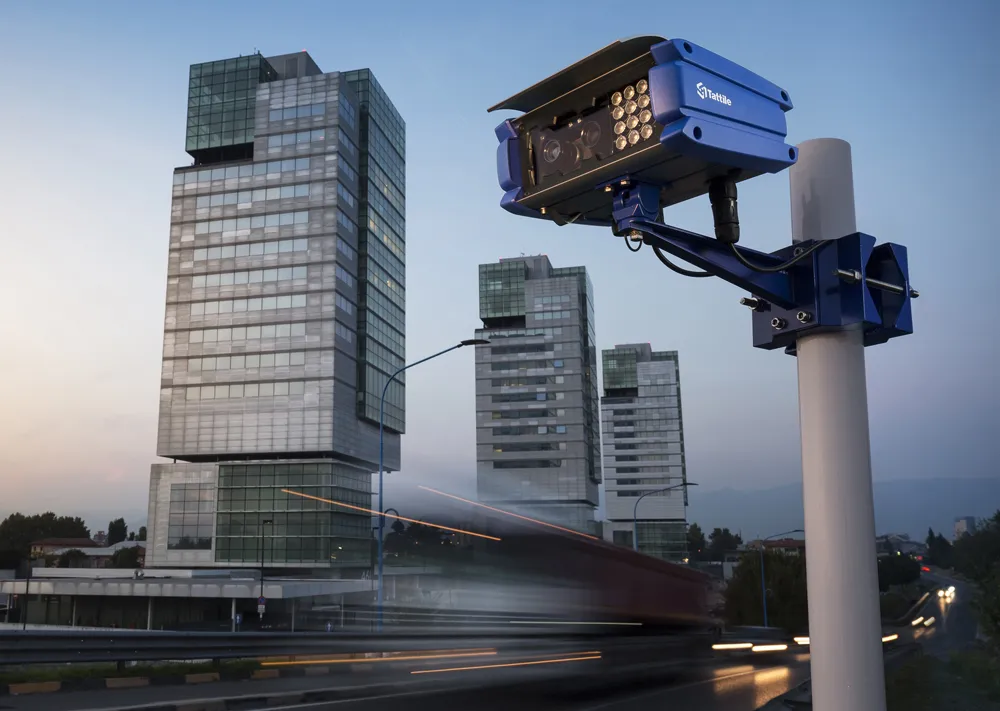Sensys Traffic has received an order worth around US$307,000 for speed and red-light enforcement to be supplied to a customer in Latin America. Sensys has already supplied a small number of systems to the same customer, which is now expanding their enforcement installations in the region. The original order, valued at US$154,000, was received in December 2012. The customer wished to evaluate the system prior to expanding traffic monitoring in the region. At that time, Johan Frilund, CEO of Sensys Traffic s
May 8, 2013
Read time: 1 min
Sensys has already supplied a small number of systems to the same customer, which is now expanding their enforcement installations in the region.
The original order, valued at US$154,000, was received in December 2012. The customer wished to evaluate the system prior to expanding traffic monitoring in the region.
At that time, Johan Frilund, CEO of Sensys Traffic said: "This is our first definite order in Latin America. If we succeed well, there exists tremendous potential for development. It will also be exciting to cultivate our relationship with a new operator-customer in this particular market."










